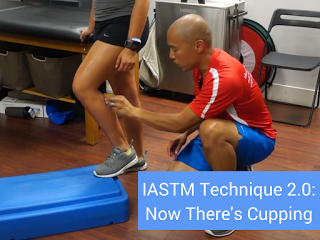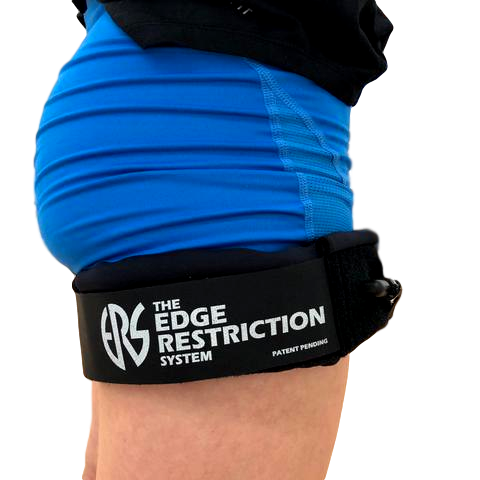For some years there has been thinking about depression and inflammation being related in as much as when we are in the throes of inflammation, our mood changes. Think about when you feel unwell and how your mood drops, which is part of the well known sickness response. In some people, probably a large number, these sickness responses are the norm. In other words, they endure a level of this sickness response consistently that is underpinned to an extent by on-going inflammation.
Reports today about a study at Kings College London describe how inflammatory markers in the blood could identify a ‘type’ that would benefit from a certain antidepressant drug — read here. This would make the prescription specific for the person, so rather than trialing a drug, we would know which would be most likely to be effective for that person by identifying the blood markers.
Many people I see with persistent pain are low in mood and some have been diagnosed as being depressed. In my mind, it is entirely understandable why someone suffering on-going pain, who cannot see a way out, would be in such a state. In simple terms, the person with chronic pain may well be chronically inflamed. We know that people who perceive themselves to be under chronic stress will be inflamed as the body continues to protect itself via the immune system and other systems that have such a role. Typically and understandably, someone in a chronic pain state is stressed by their very circumstance and hence can be inflamed.
It is very common to suffer an enduring pain state and generally feel unwell; a sickness response. We all know what a sickness response feels like — we don’t feel ourselves, aches and pains, loss of appetite, irritability, emotional, sleepy, tiredness, poor concentration etc. This is underpinned by inflammation and how this drives a range of experiences and behaviours, all designed to create the conditions for recovery. In the short term this is adaptive but if prolonged, the symptoms are enormously impacting and potentially maintaining a cycle of stress and anxiety.
Like any problem, understanding its nature is the start point so that problem solving can be effective; i.e. think about it in the right way and take the right action, congruent with recovery and the desired outcome. Realising the links between health state, depression and inflammation helps to distance oneself from the lived experience, being less embroiled with that particular ‘film’, instead focusing on what needs to be done to overcome the problem.
A loss of the senses of self is often a part of a persisting condition such as chronic pain or dystonia. The overarching aim of a followed programme is for the individual to resume living their life with a sense of self worth which they can identify: I feel myself again. This self feels normal to that person, and only that person knows how that experience is lived. As best they can, I ask them to describe that experience, and this forms the desired outcome. The sense of self is at least a unification of body sense, interoception, exteroception, the inner dialogue and our past experiences. Improving body sense with exercises, some general and some specific, is a simple way of stepping towards that outcome. And of course there are all the other benefits of exercise to consider.
It will undoubtedly be very useful to identify who will benefit from which antidepressant drug, yet we must still consider each (whole) person. A comprehensive programme of treatment for pain for example, includes developing working knowledge of pain so that the person can independently make effective choices as well as eradicate fears, specific training, general activities, gradual progression of activity, and mindfulness to name but a few. However, it is not just the exercises that are important. The person also needs to be motivated, resilient and focused, all strengths that they have likely used before in other arenas but now need to employ here and now with their health — this is the strengths based coaching aspect of the Pain Coach Programme. In cases of depression, the chosen drug maybe more specific and hence more efficacious, yet there are other actions that are also important such as understanding the links as explained and consistent physical activity. Great work in the aforementioned study; it will be interesting to watch how this progresses.
Pain Coach Programme | t. 07518 445493
Interested in live cases where I apply this approach and integrate it with pain science, manual therapy, repeated motions, IASTM, with emphasis on patient education? Check out Modern Manual Therapy!
Keeping it Eclectic...













Post a Comment
Post a Comment